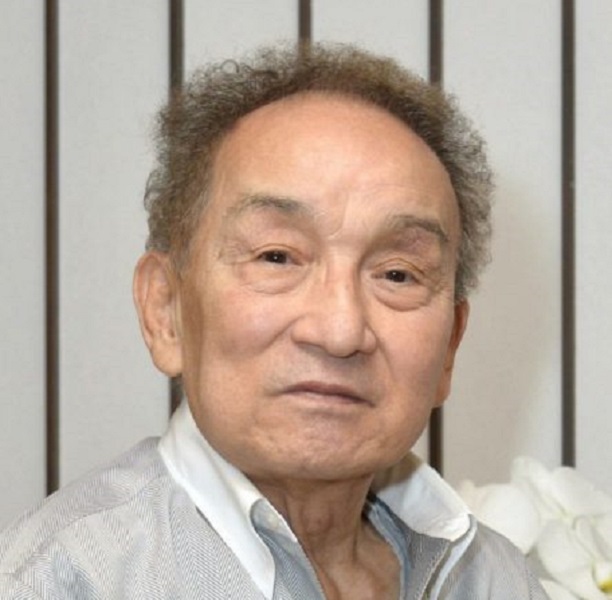Kitagawa's sexual abuse: the other side of the Japanese teen-idol market
Johnny and Associates - one of the biggest agencies of J-pop singers - has been overwhelmed by allegations against its founder (who passed away in 2019) that over decades he allegedly molested hundreds of young artists. An affair that was kept hidden for a long time despite the fact that the first allegations surfaced in 1999. The inadequacy of victim protection measures in Japan.
Tokyo (AsiaNews) - In Japan, a scandal linked to sexual harassment in an important talent agency in the world of music and entertainment is making it difficult for Japanese society to really come to terms with this scourge.
During a press conference held on September 7, Julie K. Fujishima announced her resignation, abandoning her role as president of Johnny and Associates and admitting for the first time the truth behind the sexual harassment allegations made against Johnny Kitagawa, founder of the company as well as his uncle, who passed away in 2019.
Founded in 1962, Johnny and Associates is one of the largest talent agencies in Japan: it prepares and promotes young male stars and was the architect of the birth of groups of the caliber of SMAP, TOKIO and Arashi, which have fans all over the Asian continent.
Since last March, however, he has found himself in the eye of the storm due to accusations of sexual harassment made by several idols who have had dealings with Johnny Kitagawa over the years.
The first accusations actually date back to 1999, when they were relaunched by the tabloid Shukan Bunshun. Only this year, however, following a documentary produced by the BBC and further complaints from its victims, did the story receive the attention it deserved, sparking outrage among the Japanese population. In May the agency appointed a team of experts to carry out an independent investigation.
This study, after interviewing 41 people, established that Johnny Kitagawa began sexually abusing boys in the 1950s and, after the inauguration of the agency, from the 1970s to the 2010s.
The number of boys and young people men who have suffered sexual abuse and harassment could top several hundred, with reports of oral sex or situations where he sneaked into their beds at night.
Just in May, following the experts' conclusions, Fujishima apologized for the first time, denying however that she was aware of her uncle's crimes. Now, following a new public complaint from another star - Kauan Okamoto - she has decided to resign.
The Johnny's Juniors case has highlighted not only the inadequate measures designed to protect victims of sexual abuse in Japan but also the culture of silence surrounding cases of sexual abuse.
Despite the complaints having been circulating for more than twenty years, local information agencies have failed to shed light on the matter, thanks to the power held by the Kitagawa agency and a culture that makes it difficult for victims to come forward and report.
Victims who report are often asked by the authorities to "reproduce" the act, making the report a second violence. A 2014 statistical study estimated that less than 5% of individuals in Japan choose to report violence and sexual abuse after suffering violence and sexual abuse. A percentage that is further reduced for minors and LGBTQ+ people.
Faced with the Johnny and Associates scandal, Japan has now announced new measures to combat child sexual harassment and abuse, declaring that from September it would launch an emergency line dedicated to male victims of sexual crimes.
The story also caught the attention of the United Nations, which urged not only Johnny and Associates but also other entertainment agencies to carry out "transparent and legitimate investigations with precise deadlines".
In particular, Damilola Olawuyi, president of the UN working group on business and human rights, went to Japan in July to meet with government officials. Her statements were received positively by several victims who came forward to share their experiences.
28/02/2019 14:07







.png)










